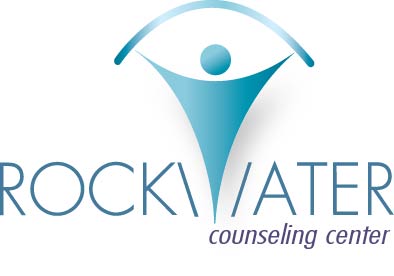
Individual counseling provides one-on-one sessions with a trained therapist, allowing for personalized attention and a focus on your specific concerns and needs.
Your sessions will be confidential, providing a safe and non-judgmental space for individuals to discuss their thoughts, feelings, and experiences.
We help to provide emotional support during difficult times, helping individuals cope with stress, anxiety, depression, grief, and other emotional challenges.
During your session, you are encouraged to have self-exploration and self-awareness. We will help you gain insights into your thoughts, behaviors, and emotions.
With continued Individual counseling, it can lead to improved mental health outcomes, including reduced symptoms of mental health disorders and better overall psychological well-being.
If you have issues resulting in conflicts in personal or professional relationships, sessions can help you improve communication and interpersonal skills.
Identify goals related to career, relationships, personal growth, or other aspects of life.
If you experienced trauma, talking about it can be instrumental in helping you process and recover from traumatic experiences, such as abuse, accidents, or loss.
For those seeking to change certain behaviors or habits (e.g., substance abuse, unhealthy eating patterns), counseling can provide you with the guidance and support in making positive changes.
There are so many more ways, individual counseling can help: Increased Self-Esteem, Stress Reduction, Better Relationships, Decision-Making, Preventative Care and Support for Life Transitions to name a few.
It's important to note that the effectiveness of individual counseling can vary depending on the individual, their goals, and the quality of the therapeutic relationship. It's essential to find a therapist who is a good fit for your needs and to be committed to the process to maximize the benefits of counseling.


